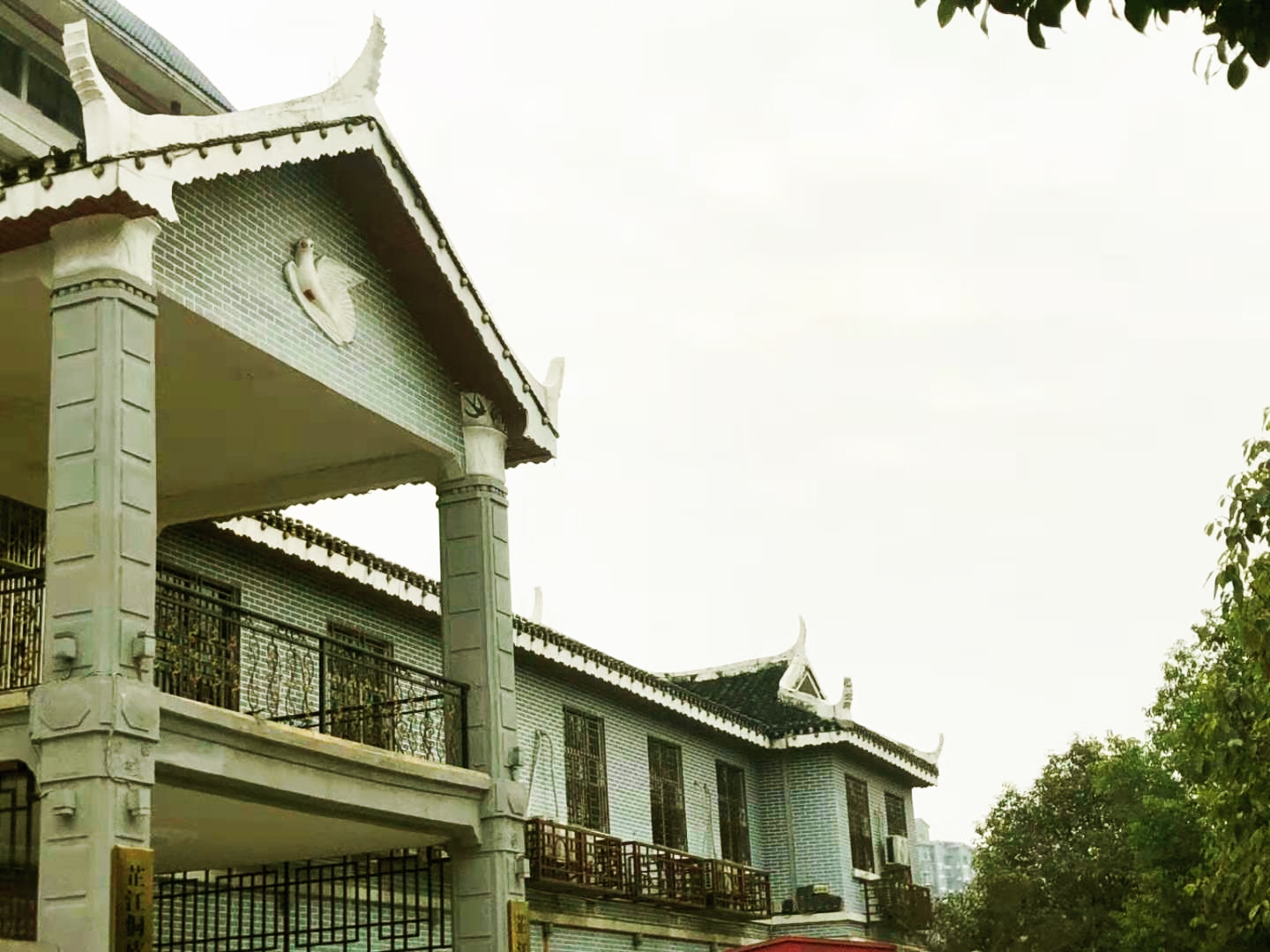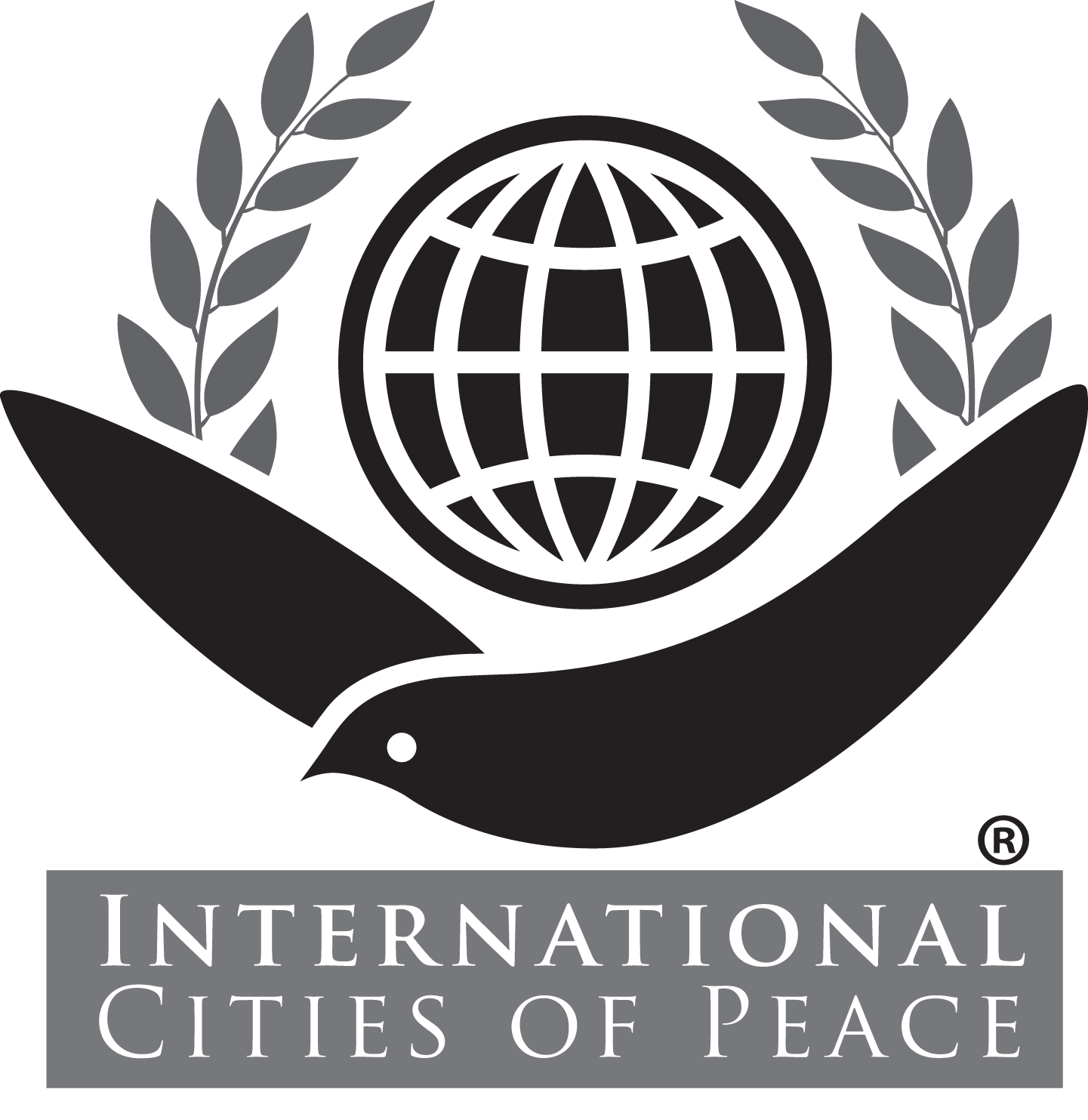Photo Above: Zhijiang Institute for Peace Culture Studies
Zhijiang, Hunan Province, People’s Republic of China: International City of Peace
We welcome the citizens of the Zhijiang Dong Autonomous County in Hunan Province, China as an International City of Peace.
Zhijiang Dong Autonomous County, one of China’s five Dong autonomous counties, is a historical city receiving the surrender by the Japanese invaders to China. In 2020, Zhijiang County is home to a population of about 388,000, 102,000 of whom are permanent residents in the urban area. The city, boasting a history of more than 2000 years, has played a crucial role in the Eastern Theater of World War II. On 21 August 1945, representatives of the Japanese troops in China signed a document surrendering to the Chinese people unconditionally in the town, an occasion historically known as “acceptance of Japan’s surrender in Zhijiang”. In this connection, Zhijiang has emerged as a witness to the shift from war to peace. People in Zhijiang therefore have a better understanding of peace: the untold suffering inflicted by warfare and the well-being bestowed by peace. At the turn of the new century, Zhijiang people have acted in line with the contemporary trend characterized by peace, development and cooperation, staying committed to UNESCO’s call by enabling wartime history to serve peace purpose. Hence, Zhijiang has embarked on building itself as an international city for peace.
The following Dignitaries have been instrumental in establishing Zhijiang as an International City of Peace:
Note: Introduction page with information primarily at the time of joining International Cities of Peace. For updates, please contact the liaison.
VISION
To contribute to the cause of world peace and development
MISSION
To launch international peace dialogue
We are committed to setting up a platform for international exchange on peace and participation of important international activities of peace, to build the image of Zhijiang as the city of peace, communicate the information of peace from Zhijiang and promote the association of international cities of peace.
To Advance cooperation between non-governmental peace organizations
We will fully tap into Zhijiang’s unique historical and cultural resources and establish relations with peace organizations in Nanjing city, Taiwan province, Shandong province as well as peace cities beyond the border. That is how we can move forward with peace city endeavors in both China and beyond.
To set a precedent for similar cities worldwide
As one of the symbolic cities of victory in WWII, the values and culture that Zhijiang generates on peace and the voice it makes in the international community, together with the achievements it makes on peace will offer references for the shaping of peace city for those cities with similar experiences worldwide.
OBJECTIVES
To carry forward China’s Culture of Peace
As Confucius said, in practicing the rules of propriety, it is harmony that is prized. So there is a need to build peace in people’s minds, advocate non-violent methods to resolves conflicts between persons and societies, and work for a peaceful, stable and happy life.
To advance county-level peace education and research
We will continue to advance peace education in preschools, primary and secondary schools and gradually incorporate peace courses into the course system of basic education in Zhijiang. We will work with Huaihua College to launch peace courses for university students. As such, we can build a peace education network in which schools, communities and society are well-positioned to cooperate to form the universal peace education in Zhijiang.
To launch various peace activities
We will stage peace education events on the Memorial Day of the Chinese people’s Victory in the War of Resistance against Japan, the International Day of Peace, the National Memorial Day, among others. We will roll out peace-oriented art exhibitions, recreational and sports activities in an effort to cultivate an enabling social culture for the cause of building an international peace city. We will put in place peace classrooms targeting citizens and organize peace forums and peace volunteering activities. Also, we will energize private resources from all walks of life to contribute to the peace city cause in varied forms.
To better develop and utilize the historical sites of the City
We must give thorough preservation to the city’s ecological status and historical resources, integrate peace elements with unique urban features and inviting cultural cream of Zhijiang so as to optimize the landscape layout of the peace city as a whole. We will work to carry out preservation programs targeting historical and cultural remains, and roll out peace-featured cultural tourism routes. On top of those, we will bring forth defining cultural and creative peace products carrying Zhijiang marks and fuse them with tourism.
To build peace museums
We lay emphasis on the functional construction of peace museums, and strike partnership with peace museums and peace memorial halls in other countries. Based on the normalized communication and cooperation, we will jointly plan and hold exhibitions on peace.
To establish and improve the long-term mechanism of construction of city of peace
We will incorporate the construction of Zhijiang as an international city of peace into the whole process and all aspects of the city’s socio-economic development. In the meantime, the government must renew its philosophy, method and governance and set up a sound mechanism for interacting with universities, enterprises and social groups to create the synergistic effect.
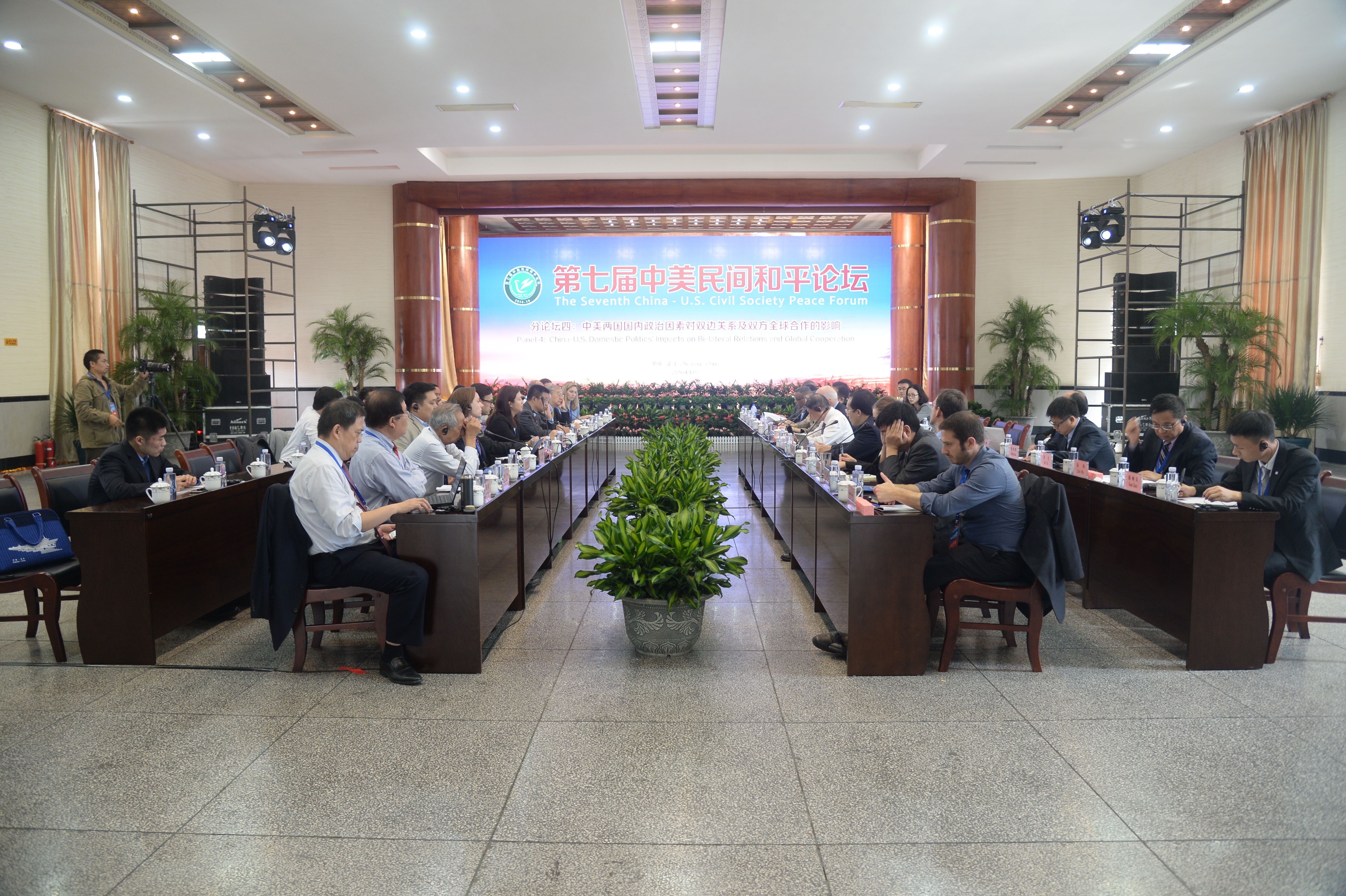
The 7th China-U.S Civil Society Peace Forum 2016
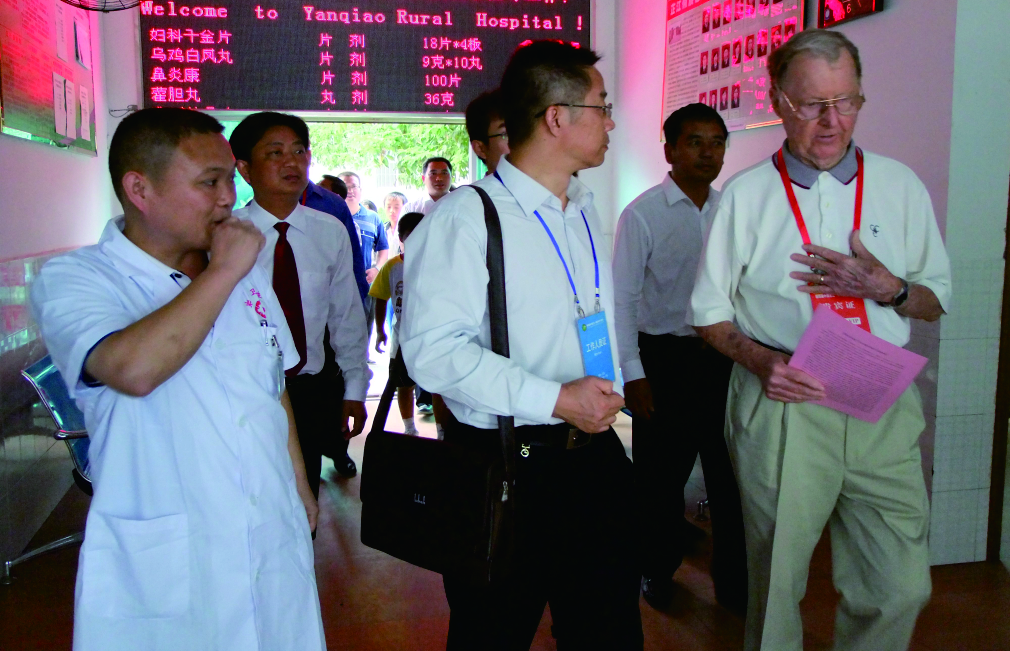 American guests visiting Yanqiao Health Station
American guests visiting Yanqiao Health Station
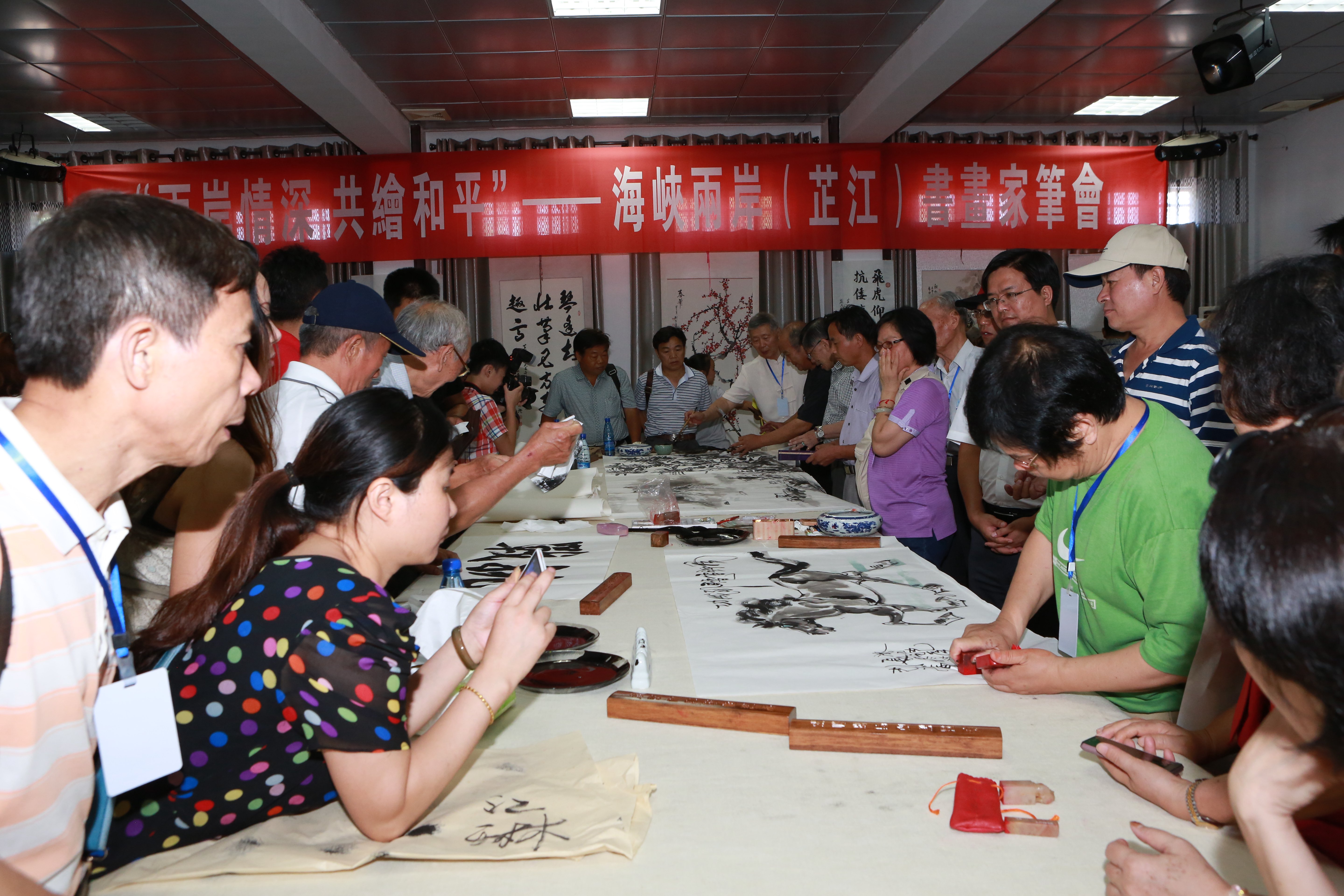 Art works created by artists and calligraphers from both sides of the Taiwan Strait
Art works created by artists and calligraphers from both sides of the Taiwan Strait
Zhijiang Dong Autonomous County Research Association for Peace Culture
The Zhijiang-based association is China’s pioneer in the undertaking of peace culture research at the county level and has set up the country’s first county-level institute for peace culture studies. The Association is committed to collecting and researching conceptual origins and traditions of peace culture both at home and abroad through gathering, sorting out and salvaging historical materials related to the Zhijiang Campaign and the acceptance of Japan’s surrender in Zhijiang. It is keen on peace popularization efforts of different forms within primary and secondary schools, Party schools, senior citizen colleges and communities at varied levels. It also uses journals and Wechat to disseminate peace culture and acts actively to organize seminars and events with diversity in level and form. Such being the case, the general public is able to keep study and apply peace culture from a bigger picture. Mr. Tian Junquan serves as the honorary president of the research association and, concurrently, the director of the Institute for Peace Culture Studies.
Zhijiang Peace Culture Research Center
Established on 21 August 2019, Zhijiang Peace Culture Research Center is part of the Memorial Hall of the Victory of the Anti-Japanese War and the Acceptance of the Japanese Surrender. Besides conducting researches on Zhijiang’s history during WWII, the Zhijiang Campaign, the acceptance of Japan’s surrender as well as world peace, the Center also remains committed to collecting, analyzing and assessing up-to-date information about anti-fascist war history and world peace. Mr. Wu Jianhong is the director of the research center.
LATEST NEWS
◎On January 12, 2022, Peng Yang, Secretary-General of the Zhijiang Peace Culture Research Association, participated in the recording of “Wuxi Cultural Lecture Hall” hosted by the Municipal Bureau of Culture Tourism, and narrated the research status of the development of peace culture in Zhijiang with “We are Always on the Way of Building Peace”.
◎ In February 2022, “History of Zhijiang ” series (the fourth volume) was officially published, among which “Collection of Yuan State Management ” by the vice president Xie Zhixian of Zhijiang Peace Culture Research Institute for proofreading.
◎May 3, 2022 Zhijiang Peace Culture Research Institute (Association) work conference was held in Sandaokeng of Shiwanping Peace Research Practice Base. The meeting was presided over by Jiang Jiurong, president of the Association. Tian Junquan, Dean of the Institute, made a detailed explanation on the work plan and new journal of the Institute in 2022. All the participants participate in the discussion, form the resolution, and approve the work plan of this year and the editing and printing of the new journal. Huang Guilian, chairman of the County Social Science Association, participated in this meeting as the leader of the competent department, and made a statement at the meeting, fully supporting the development of Zhijiang peace culture.

May 3, 2022 Zhijiang Peace Culture Research Institute (Association) work conference was held in Sandaokeng of Shiwanping Peace Research Practice Base.
◎On May 6, 2022, Tian Junquan, Jiang Jiurong, Xie Zhixian, Zhao Lijun and Peng Yang of Zhijiang Peace Culture Research Association visited Dongmenkou Primary School to investigate the peace culture education and teaching practice base. During the discussion, Tan Yaping, principal of Dongmen Primary School, introduced the basic conditions and application demands of primary schools to the participants, and Tian Junquan, dean of the Research Institute, put forward guidance and relevant suggestions. The meeting reached a consensus, by the Dongmenkou Primary School reporting work to the County Education Bureau, chooses an auspicious day to complete the awarding ceremony.

On May 6, 2022, Tian Junquan, Jiang Jiurong, Xie Zhixian, Zhao Lijun and Peng Yang of Zhijiang Peace Culture Research Association visited Dongmenkou Primary School to investigate the peace culture education and teaching practice base.
◎On May 22, 2022, the training class for Inheritors of Yuan State Stone Carvings was held in Yuan State Stone Carvings Teaching Base at Shiwanping. Zhijiang Peace Culture Research Association was invited to attend. The training invited well-known experts and professors in the field of intangible cultural heritage in China, such as Sun Jianjun, Zuo Hanzhong and Chen Jian, to give lectures to Zhijiang through video conference. Hu Yang, the leader of the base, also talked about the origin of stone carvings in Yuan State on the scene, and relevant industry departments also carried out discussions on this. This training stimulates the enthusiasm of young inheritors to learn Yuan State Stone Carvings, improves the cultural inheritance ability of Yuan State Stone Carvings inheritors, expands their horizon, and promotes the sustainable development of intangible cultural heritage.

On May 22, 2022, the training class for Inheritors of Yuan State Stone Carvings was held in Yuan State Stone Carvings Teaching Base at Shiwanping.
◎On May 26, 2022, the awarding ceremony of “International Peace City • Zhijiang Peace Education and Teaching Practice Base” was successfully held in Dongmenkou Primary School of Zhijiang Dong Autonomous County. This is the first Peace Education and Teaching Practice Base in Zhijiang .

PEACE EDUCATION
The development of peace education in Zhijiang
In 2006, Zhijiang Institute for Peace Culture Studies struck a partnership with its counterpart of Huaihua College. In 2008, peace education programs were initiated in senior citizen colleges, community colleges, Party schools and primary and secondary schools in Zhijiang.
Peace training programs
- Peace education courses for senior citizen colleges
- Peace education courses for training officials at the Party School of the County Party committee
- Peace education programs in communities
- Peace education targeting primary students in the county
- Peace education targeting junior high school students in the county
- Peace education for Party and government officials
- Peace education for students of Huaihua College
Compilation of teaching materials for peace culture
A Concise Reading Book on Peace Culture Education in Zhijiang, edited by Tian Junquan
Zhijiang Peace Culture Education (Volume I and II) for Primary Education and Zhijiang Peace Culture Education (Volume I and II) for Secondary Education, edited by Tian Junquan
PEACE BUILDING ACTIVITIES
Host of five China Zhijiang International Peace and Culture Festivals
- 15-17, 2003, the First China Zhijiang International Peace and Culture Festival
- 6-8, 2005, the Second China Zhijiang International Peace and Culture Festival
- 21-23, 2007, the Third China Zhijiang International Peace and Culture Festival
- 6-8, 2010, the Fourth China Zhijiang International Peace and Culture Festival
- 5-7, 2015, the Fifth China Zhijiang International Peace and Culture Festival
Host of International Peace Forum
International Peace Forum is a theme activity for China Zhijiang International Peace and Culture Festival. It also serves as a platform where peace-loving people around the world can elaborate on peace issues and work together to build a peaceful world.
- 15, 2003, the First International Peace Forum
- 6, 2005, the Second International Peace Forum
- 22, 2007, the Third International Peace Forum
- 7, 2010, the Fourth International Peace Forum
- 4, 2015, the Fifth International Peace Forum
Cross-Strait (Zhijiang) Peace Culture Exchange Tour
Since 2012, Zhijiang has organized nine “Cross-Straits (Zhijiang) Peace Culture Exchange Tour” events, which have facilitated the exchange and communication between the peoples across the Taiwan Strait.
- 21-23, 2012, the First Cross-Straits (Zhijiang) Peace Culture Exchange Tour
- 10-12, 2013, the Second Cross-Straits (Zhijiang) Peace Culture Exchange Tour
- 6-8, 2014, the Third Cross-Straits (Zhijiang) Peace Culture Exchange Tour
- 23-25, 2014, the Fourth Cross-Straits (Zhijiang) Peace Culture Exchange Tour
- 13-17, 2016, the Fifth Cross-Straits (Zhijiang) Peace Culture Exchange Tour
- 10-12, 2017, the Sixth Cross-Straits (Zhijiang) Peace Culture Exchange Tour
- 16-22, 2018, the Seventh Cross-Straits (Zhijiang) Peace Culture Exchange Tour
- 28-Nov.2, 2019, the Eighth Cross-Straits (Zhijiang) Peace Culture Exchange Tour
- 26-31, 2020, the Ninth Cross-Straits (Zhijiang) Peace Culture Exchange Tour
Peace volunteering initiatives
Zhijiang has launched a volunteering initiative to provide care for WWII veterans. For many years, it has been rolling out veteran caring activities with the theme of “bearing in mind the history while cherishing the present peace”.
Literary and artistic events for peace
Hepinghu-Yuquan Reading Salon themed “opposing violence and spreading peace”
Hepinghu WeChat peace literary and artistic creation activities
Submission of two advisory reports to the government
- The Advisory Report of Shaping Zhijiang into an International City of Peace
- The Advisory Report of Developing the Lake of Peace and Cross-Strait Culture Tourism
INTERNATIONAL COOPERATION
Zhijiang, since 2005, has carried out inter-museum and inter-city exchanges with peace-loving countries around the world.
Establishing sister city relationships with foreign cities
Sept. 6, 2005, establishing sister city relationship with Grandcamp Maisy, Normandy, France
Sept. 6, 2005, establishing sister city relationship with Pinehurst, North Carolina, the United States of America
Sept. 4, 2015, establishing sister city relationship with Kirovsk, Leningrad Region, Russian Federation
Establishing twin-museum relations with foreign counterparts
Sept. 8, 2005, between the Memorial Hall of China’s Acceptance of Japan’s Surrender in Zhijiang & the Museum of Surrender in Reims, France
Sept. 8, 2010, between the Memorial Hall of China’s Acceptance of Japan’s Surrender in Zhijiang & the Chennault Aviation and Military Museum, USA
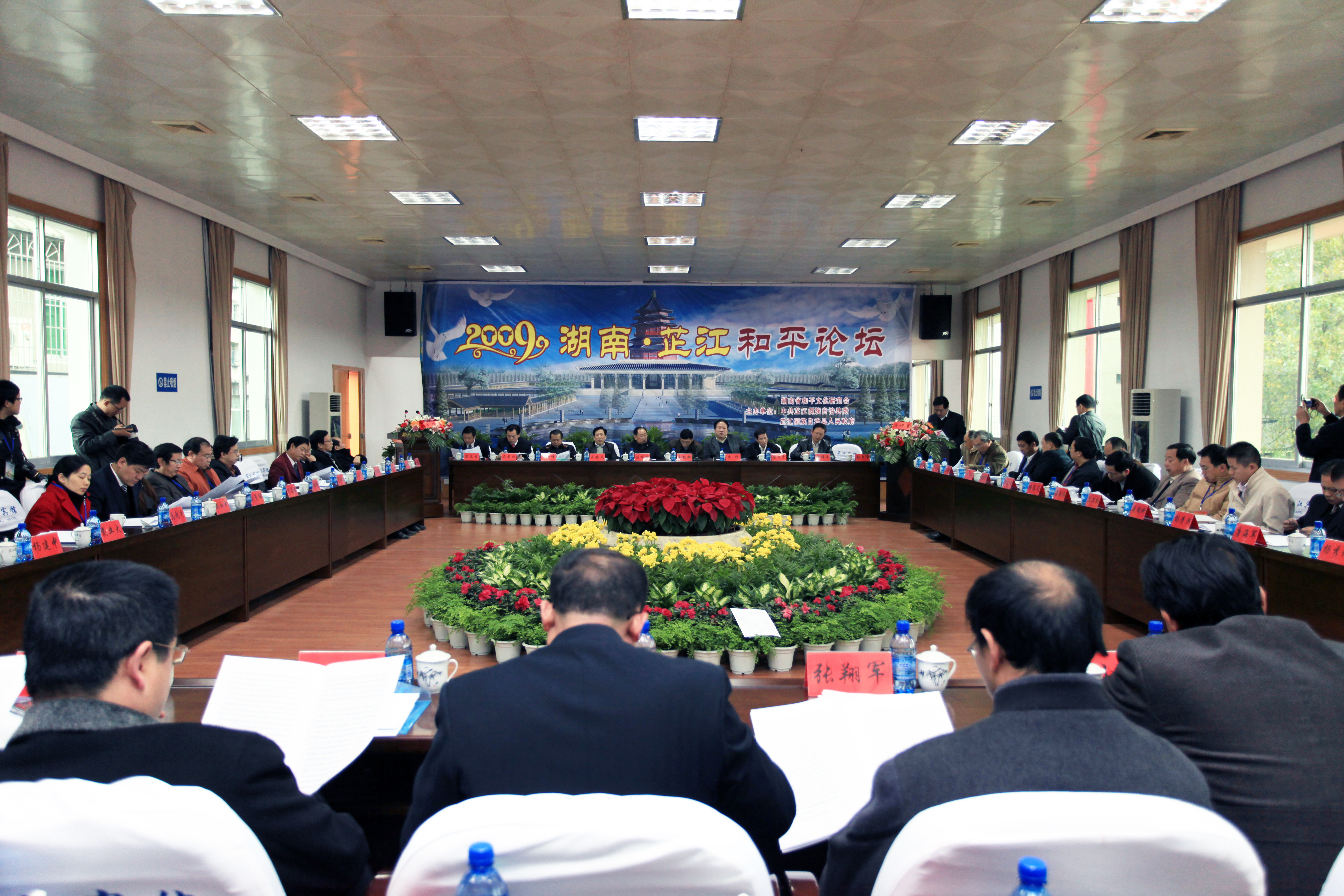
Zhijiang establishing sister city relationship with Pinehurst, North Carolina, the United States of America (September 2010)
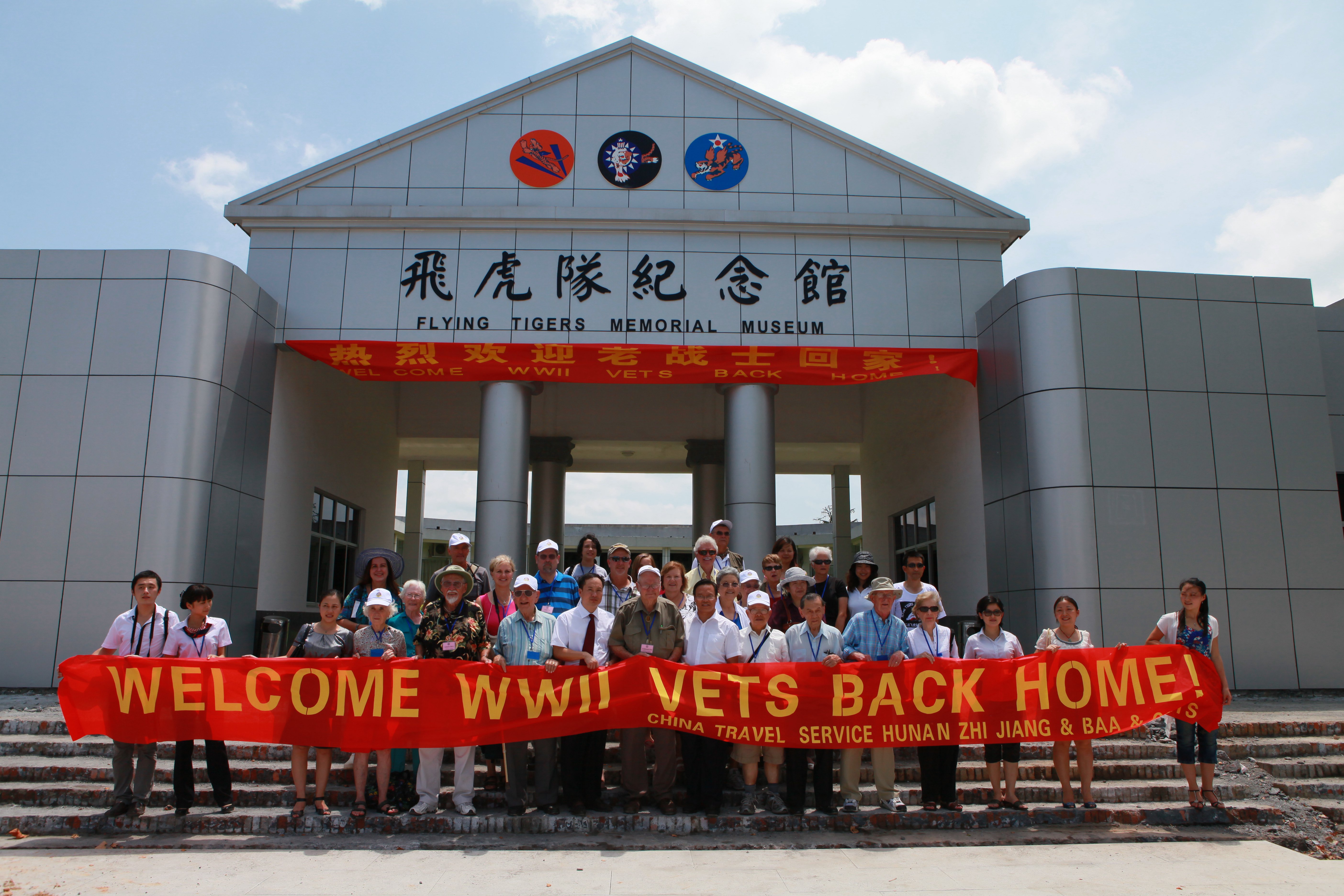 American WWII veterans visiting the Flying Tigers Memorial Museum (29 July 2010)
American WWII veterans visiting the Flying Tigers Memorial Museum (29 July 2010)
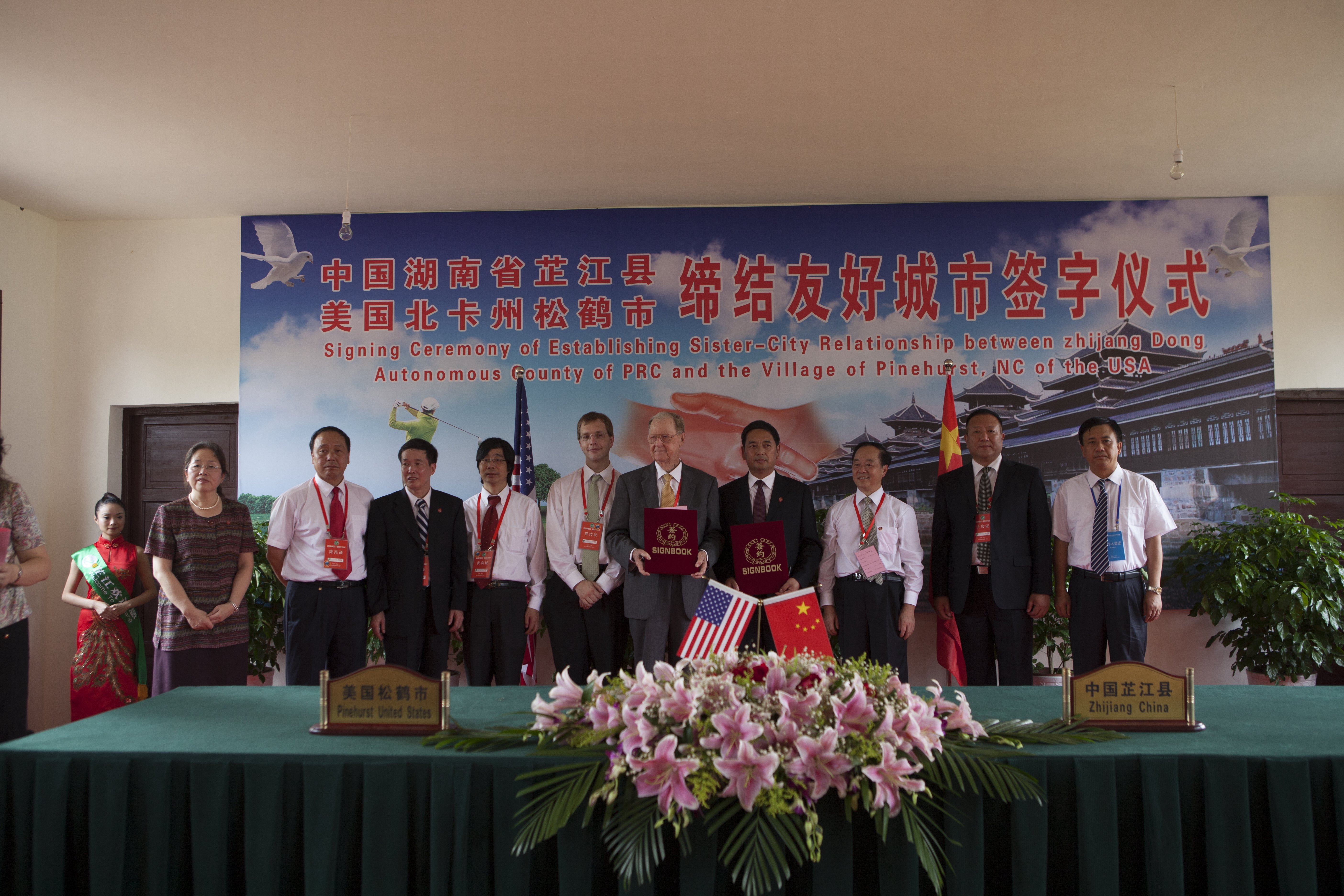 Zhijiang establishing sister city relationship with Pinehurst, North Carolina, the United States of America (September 2010)
Zhijiang establishing sister city relationship with Pinehurst, North Carolina, the United States of America (September 2010)
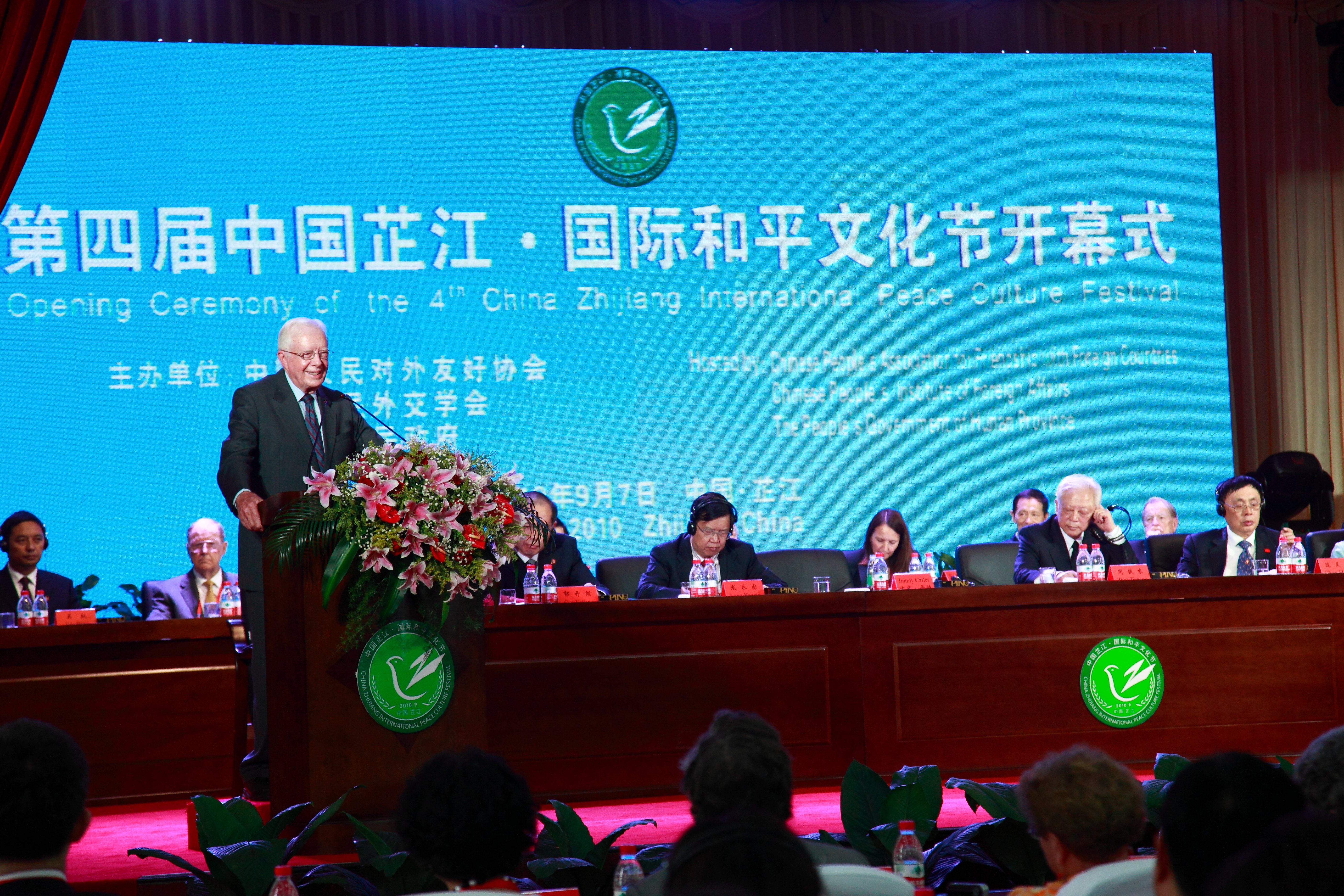 U.S. Former President Jim Carter delivering opening remarks at the Opening Ceremony of the 4th China Zhijiang Internationa peace Cuture Festival (7 September, 2010)
U.S. Former President Jim Carter delivering opening remarks at the Opening Ceremony of the 4th China Zhijiang Internationa peace Cuture Festival (7 September, 2010)
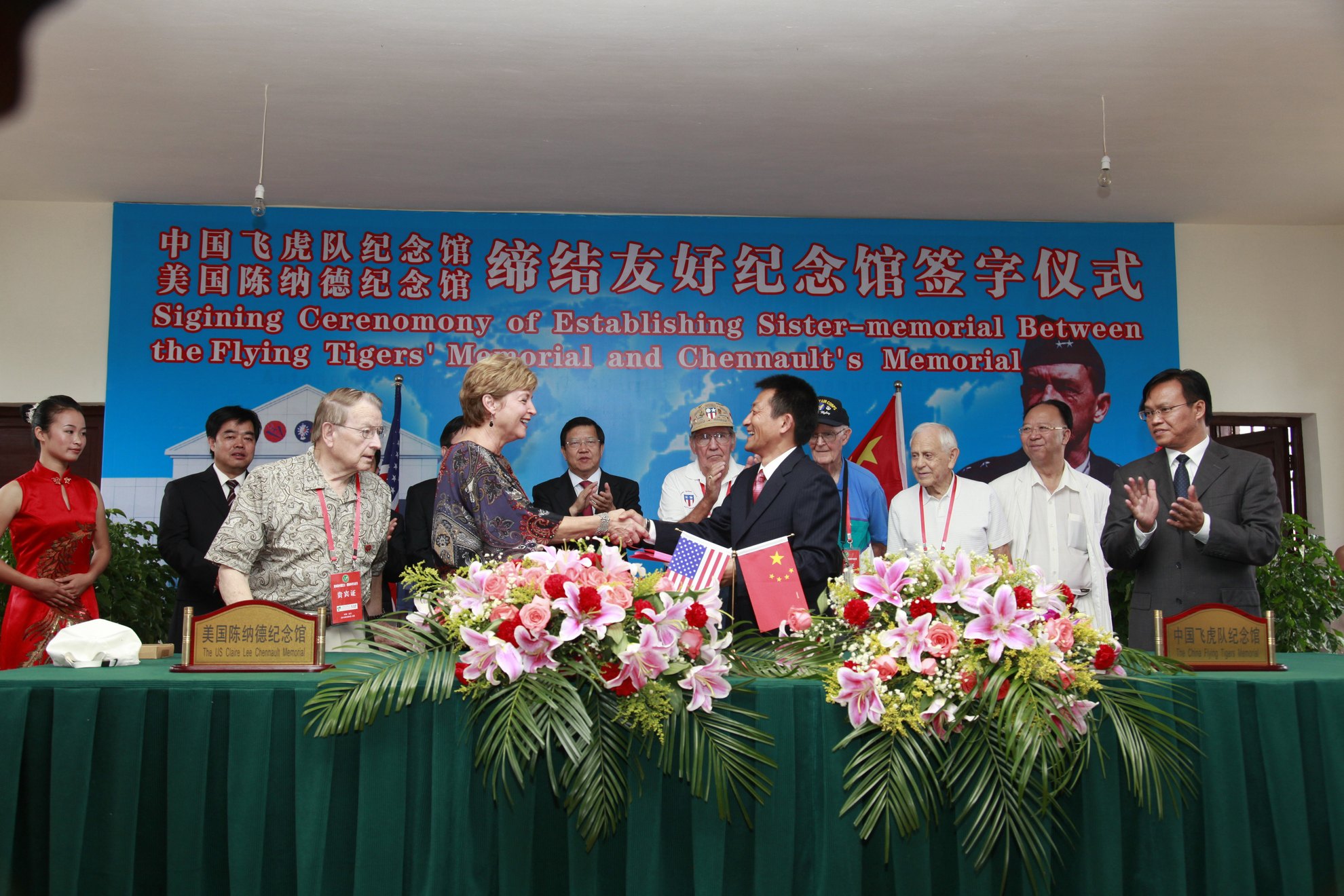 Sigining Cerenomony of Establishing Sister-Memorial Relationship betweer the Flying Tigers Memorial Hall of Zhijiang and the Chennault Aviation & Military Museum (8 Septermber 2010)
Sigining Cerenomony of Establishing Sister-Memorial Relationship betweer the Flying Tigers Memorial Hall of Zhijiang and the Chennault Aviation & Military Museum (8 Septermber 2010)
PEACE MUSEUMS AND EXHIBITIONS
Since the 1980s, Zhijiang has established a batch of historical theme sites including memorial halls, monuments and peace squares. Well-known ones among them are the Memorial Hall of the Victory of the Anti-Japanese War and the Acceptance of the Japanese Surrender, the Flying Tigers Memorial, the Hunan Anti-Japanese War Memorial Hall and the Peace Square.
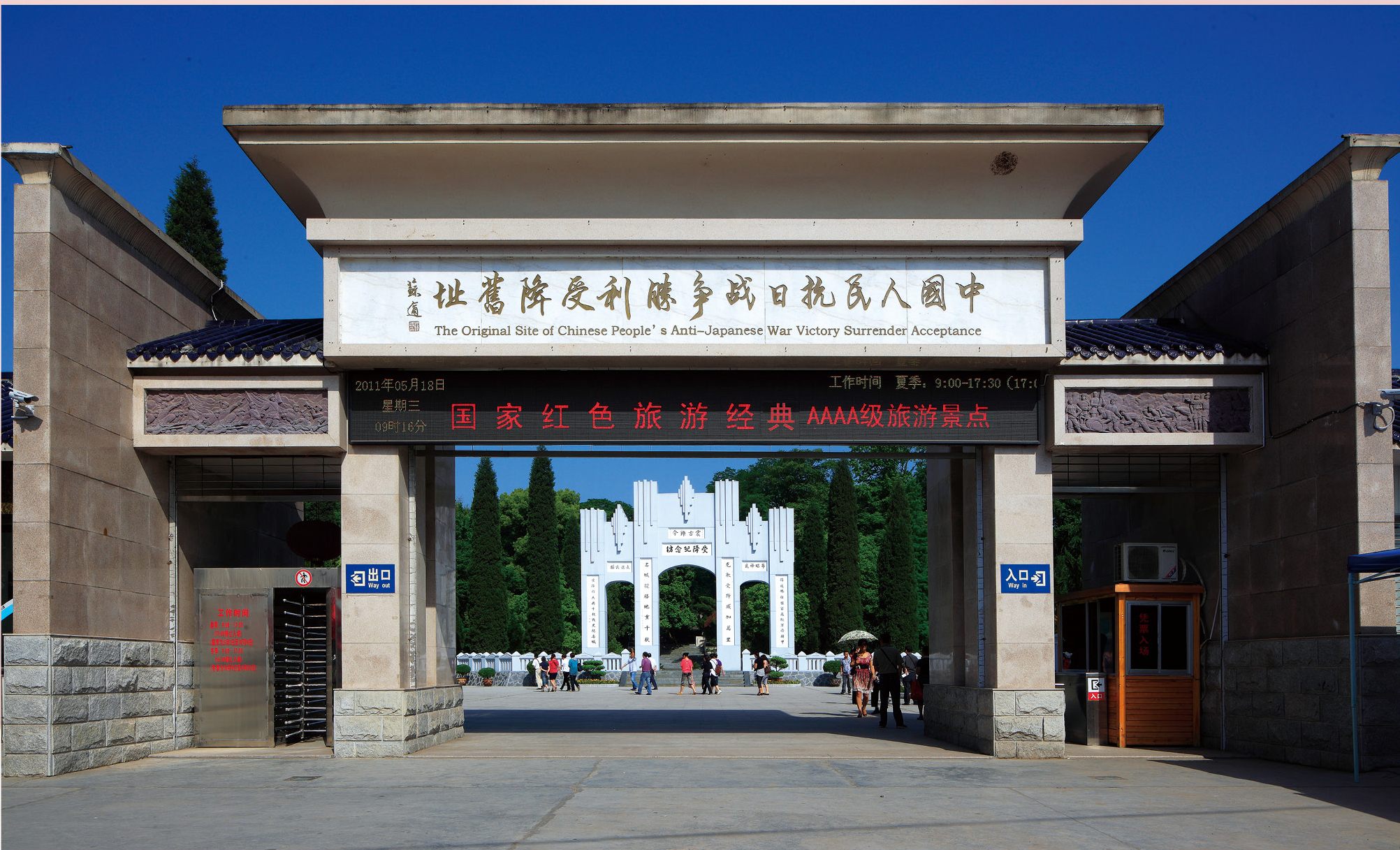
The original site where the Chinese received the Japanese surrender at the end of World War II
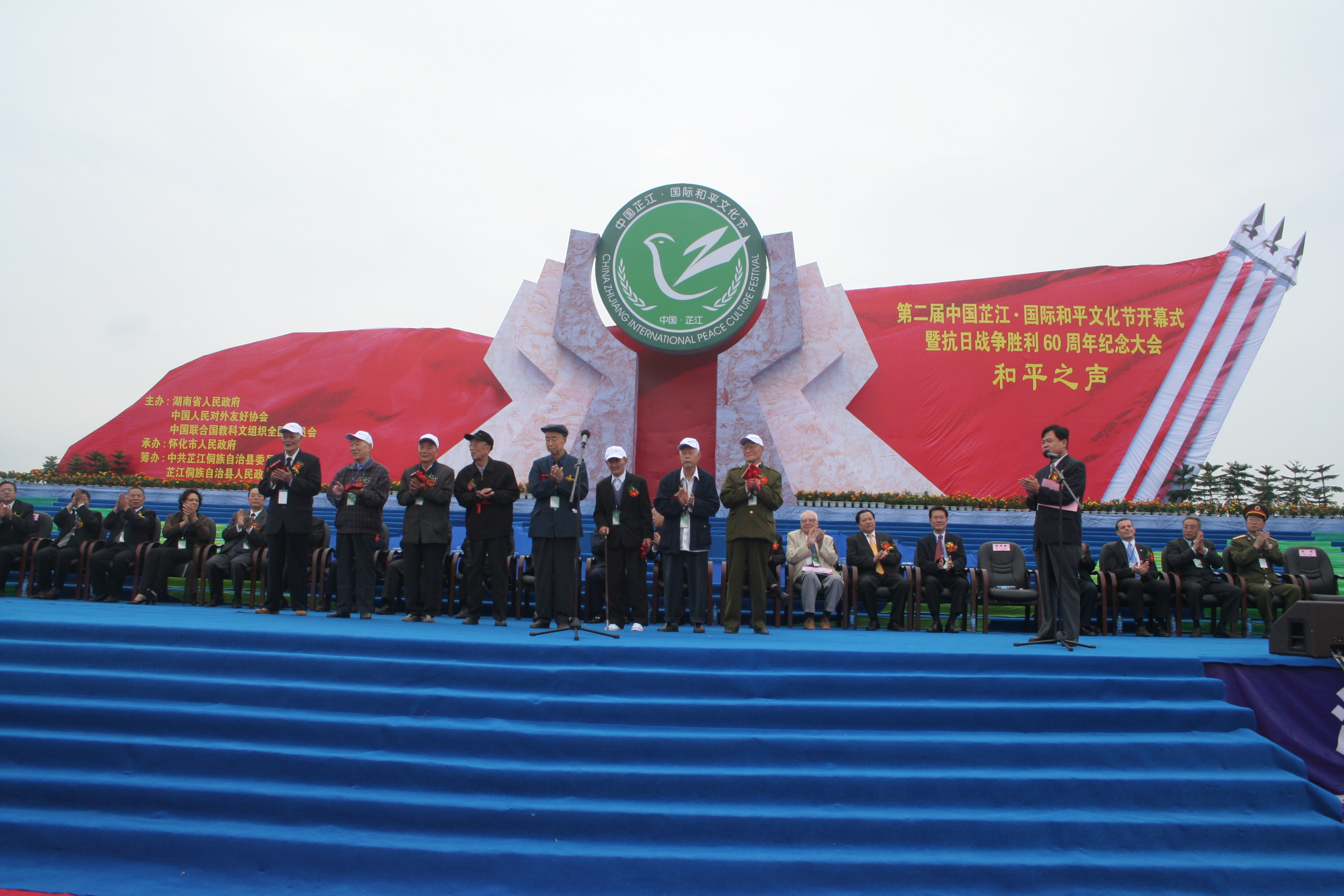
Celebrating the 60th Anniversary of the Victory of the Anti-Japanese War (6 September 2005)
ADVANCES OF PEACE LEGACY IN THE CITY
Since the end of the 20th century, people in Zhijiang have actively responded to the call of the UN to transform a culture of war to one of peace, making progress in many areas.
The cause of peace is in the ascendant. Over the years, the Zhijiang people have protected precious cultural relics of the anti-Japanese war with a sense of historical responsibility, laying a foundation for the transformation of a culture of war to one of peace. At the beginning of the new century, Zhijiang made full use of the historical and cultural resource advantages centered on the acceptance of the surrender of the Japanese invaders during WWII and the history of the American Flying Tigers’ aid to China in the Anti-Japanese War, carried out a full range of theoretical research and exploration, and proposed to build a brand of peace culture and the International City of Peace. Zhijiang has renovated the Memorial Hall of Victory of the Chinese People’s War of Resistance against Japanese Aggression and has built the Memorial Museum of the Flying Tigers, Hunan Memorial Hall of the Anti-Japanese War and the Peace Park. Through holding the International Peace and Culture Festivals, Zhijiang vigorously carried out peaceful cultural activities, extensively contacted people all over the world, and demonstrated the power of the peace culture. At the same time, a number of peace culture research organizations have been established in conjunction with universities and research institutes. Through investigation and research, a large number of research outcomes have been obtained and transformed. Now, Zhijiang’s peaceful atmosphere is deeply rooted in the minds of the people. Buildings featuring peace culture can be seen everywhere, such as Peace Square, Peace Avenue, Peace Theater, Peace Community, Peace Power Station, etc. to disseminate peace culture.
Considerable achievements are attained in medical and health services. The sanitation culture rooted in the culture of peace has improved the civilized quality and spiritual outlook of the people in Zhijiang. What’s more gratifying is that with decades of government service, Zhijiang’s medical and health undertakings have focused on the implementation of the principle of “guaranteeing the basics, strengthening the foundation, and building mechanisms” to realize that “people with minor illnesses can be treated in the village, people with common illnesses treated in the town, and people with critical diseases treated in the county”. To meet this end, a series of reforms have been introduced to build Zhijiang into “New Rural Cooperative Medical County”, “Pilot County of National Essential Drug System”, “Obstetrics Standardized Demonstration County”, “Pilot County with Electronic Rural Healthcare Records”, and “Pilot County with Contracted Rural Doctors”. At present, the service capacity of Zhijiang county-level hospitals has been enhanced, township hospitals have taken on a new look, and the construction of public health service institutions has been practically implemented, which successfully make Zhijiang a “National Hygienic County”.
The education undertaking has been developed by leaps and bounds. As a witness to war and peace, people in Zhijiang cherish peace and place their hopes on education, hoping to achieve eternal peace through education. Zhijiang has carried out various forms of peace education in primary and secondary schools, party school, community college, and distance teaching. The concept of peace education has been integrated into compulsory education, corresponding explorations have been made on the role of schools, curriculum, and teaching methods. Being “peace ambassador” is the aspiration of many Zhijiang people. Given the progress achieved in compulsory, high school and vocational education featuring peace culture, Zhijiang is honored as the National Advanced County of Implementing the Project of “Two Basics” (“basically” achieving universal coverage of the nine-year compulsory education and eradicating illiteracy among middle age and young people in the western area of China).
Zhijiang boasts a long history. Known as Yuanzhou in ancient times, Zhijiang was founded as Wuyang County in the fifth year of Emperor Gaozu of the Western Han Dynasty (202 BC). It bore military and political significance in the southwest part of China. The profound history leaves Zhijiang with many relics, traditions and, most importantly, the culture of peace. Historic buildings and the layout of the ancient county are kept intact. There are 3 major national–level protected historical and cultural sites, 4 Hunan provincial-level protected historical and cultural sites, 54 county-level protected historical and cultural sites, 63 historic buildings, and 63 ancient wells. Zhijing witnessing the surrender of Japanese invader on 21 August 1945 has brought it a great fame. In June 2005, Zhijiang was declared as a historical and cultural city by the Hunan Provincial People’s Government, and is applying to be selected as a national one. The public have been actively participating in the protection and development of the ancient city.
LETTER OF INTENT
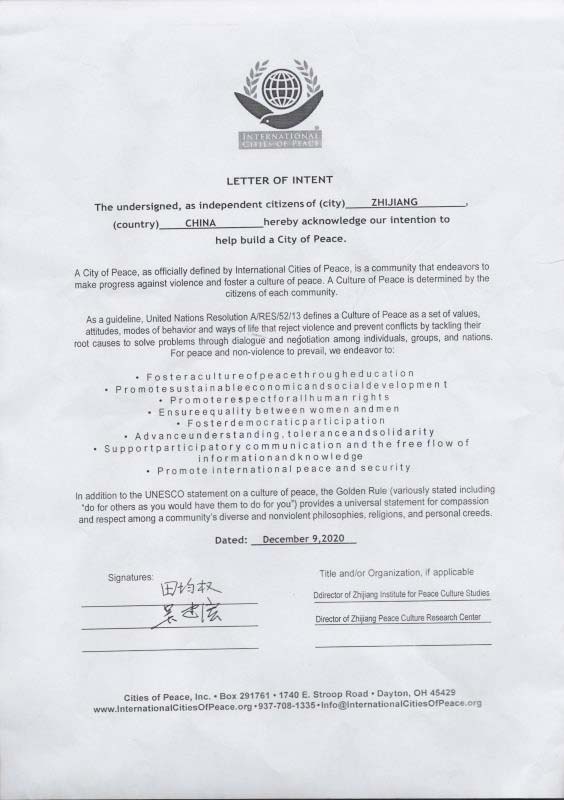
ABOUT THE LEADERS
Mr. Tian Junquan, born in 1960, is a deputy county-level CPC official of Zhijiang Dong Autonomous County, the honorary president of Zhijiang Dong Autonomous County Research Association for Peace Culture and the director of Zhijiang Institute for Peace Culture Studies. He also works for domestic academic institutes and universities as the president of Peace Research Institute under Peace Culture Research Association of Hunan Province, a discipline leader of Peace Culture Research Base of Hunan Province, an academic committee member of Peace Culture Research Base of Hunan Province, a guest professor at Huaihua College, Hunan University of Technology and Hunan Normal University. He has published five books and over 50 papers and edited eight books about culture and literature, many of which are recognized by both local and provincial governments.
Mr. Wu Jianhong, born in 1966, is the curator of the Memorial Hall of the Victory of the Anti-Japanese War and the Acceptance of the Japanese Surrender, the director of Zhijiang Peace Culture Research Center, an expert on the anti-fascist war history. He also works as an advisory committee member of the Huaihua municipal party committee, and a deputy of Huaihua Municipal People’s Congress. In 2013, he was acclaimed as “one of the seven excellent leaders in the culture industry of the great western Hunan region” and, in the May of 2015, as the “National Outstanding Worker”. Up to now, he has compiled three culture-themed books, and published more than 20 papers, many of which are recognized by both local and provincial governments.
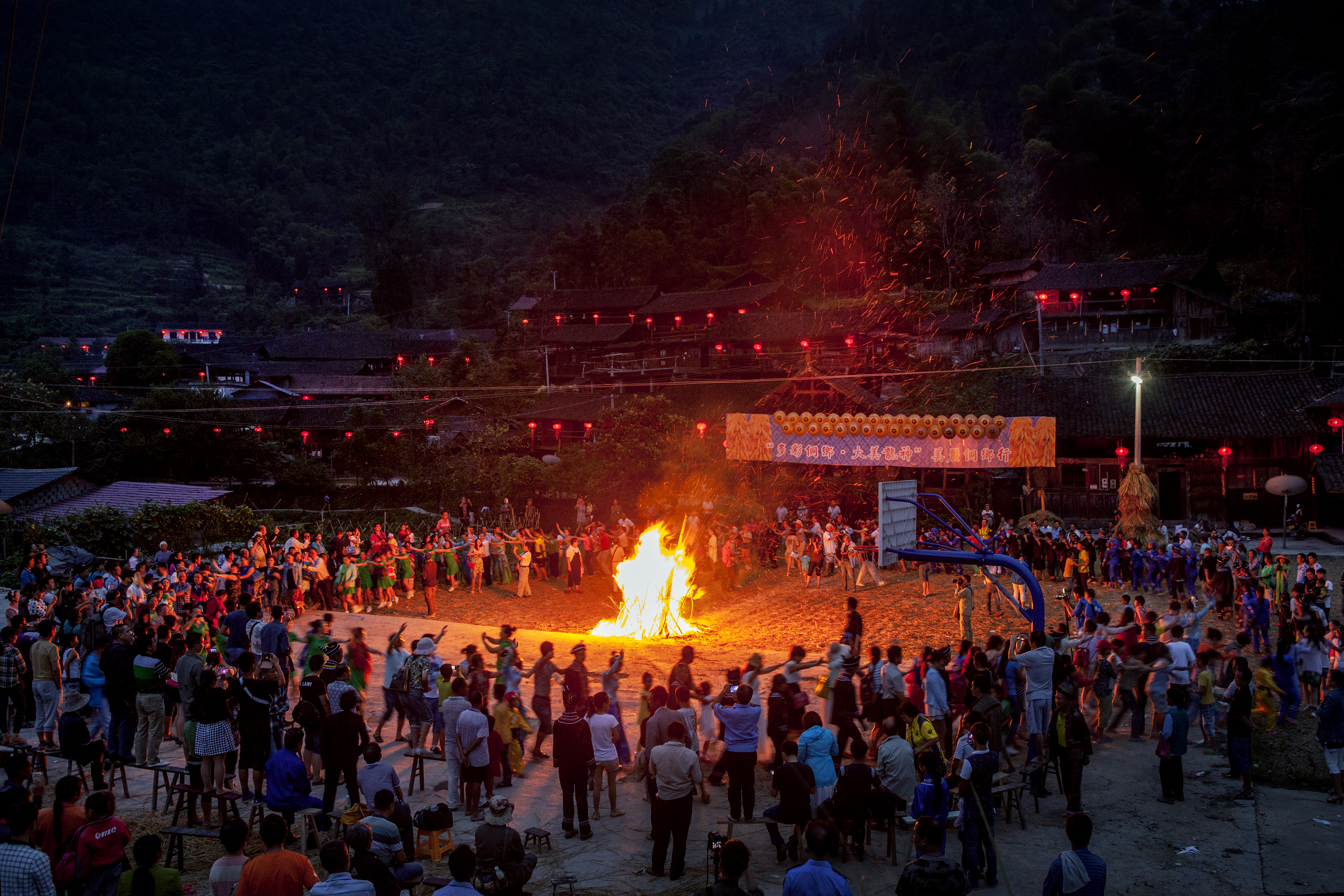 Village bonfire party
Village bonfire party
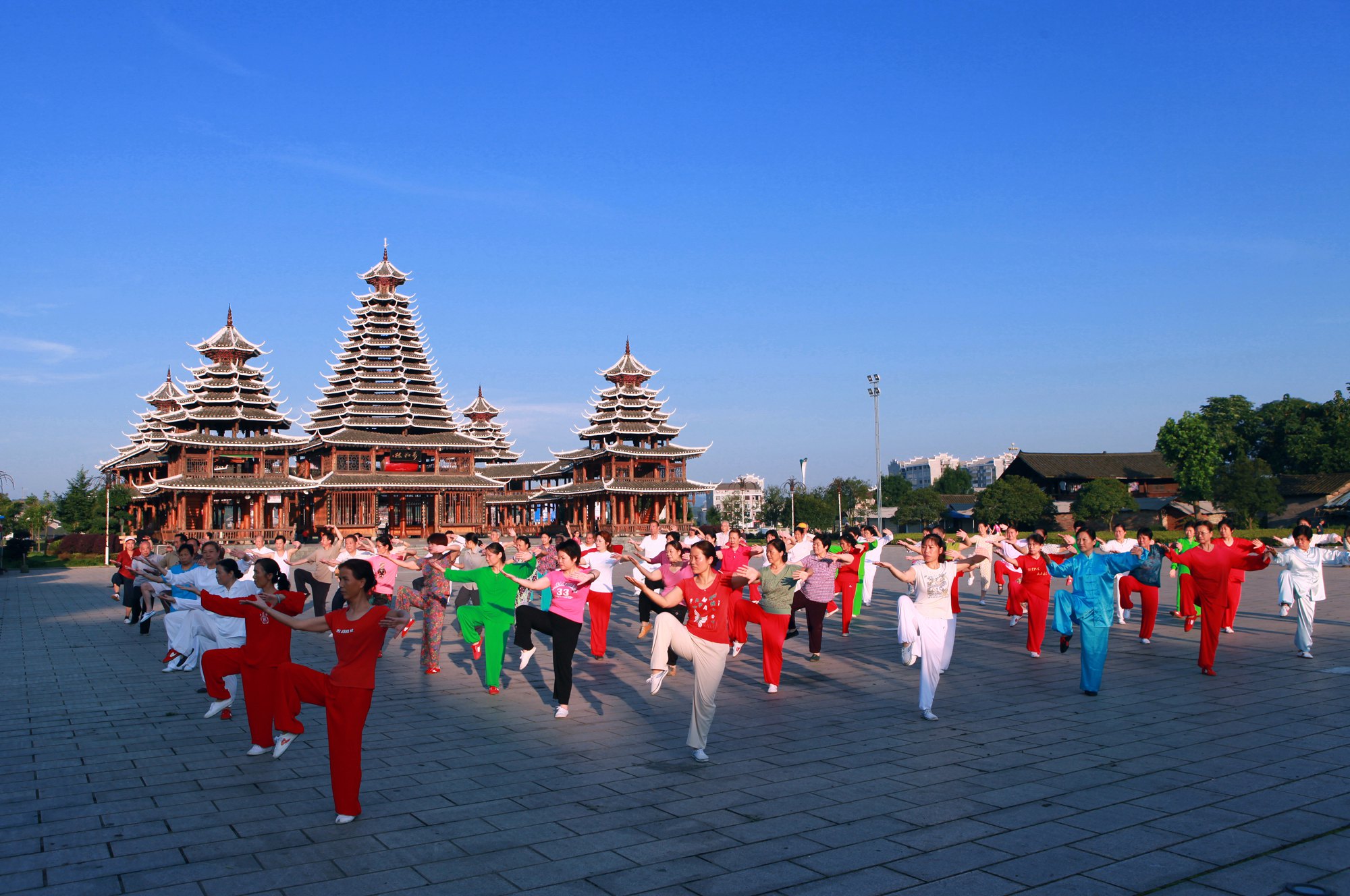 Community fitness activities
Community fitness activities
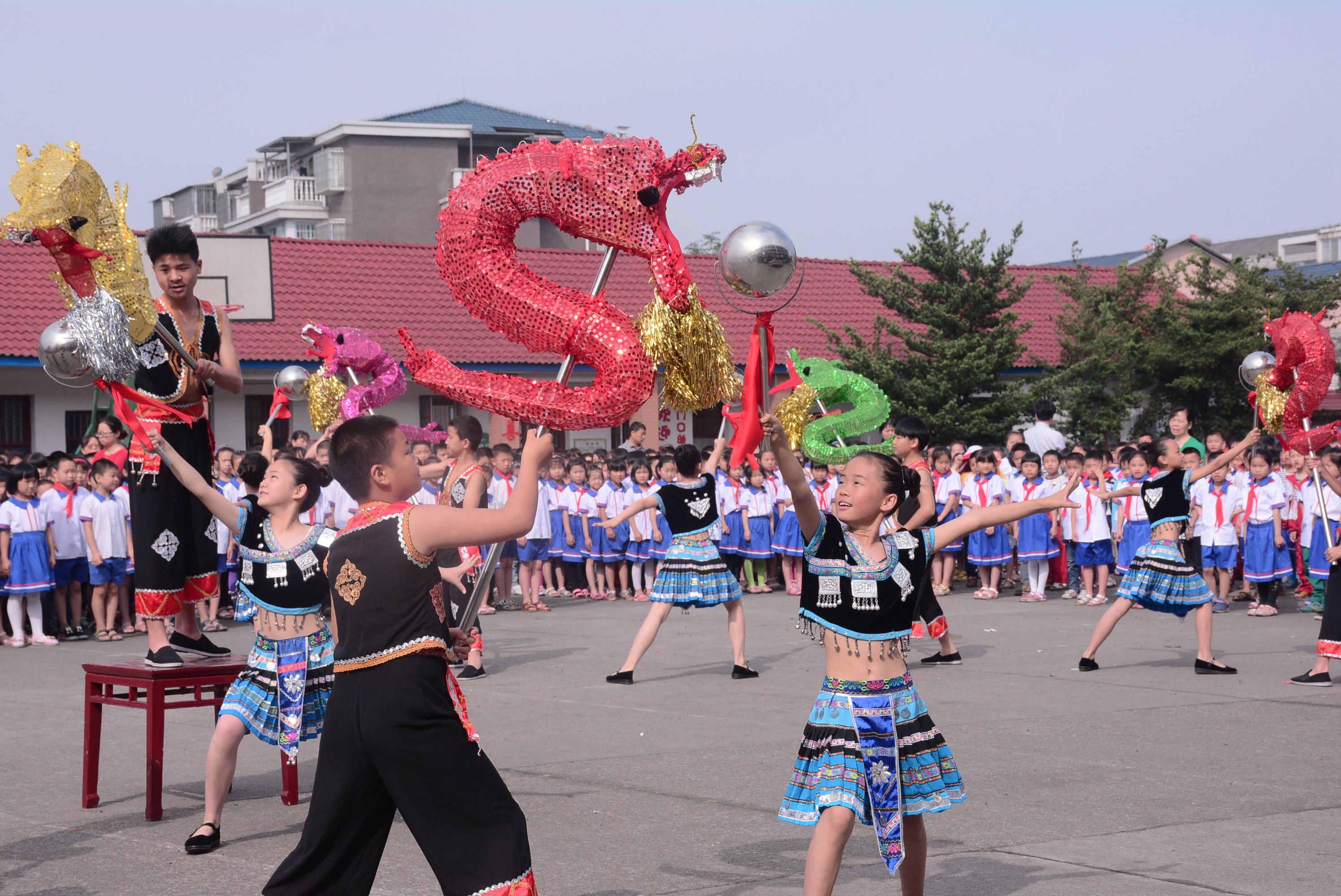
Children performing local dragon dance
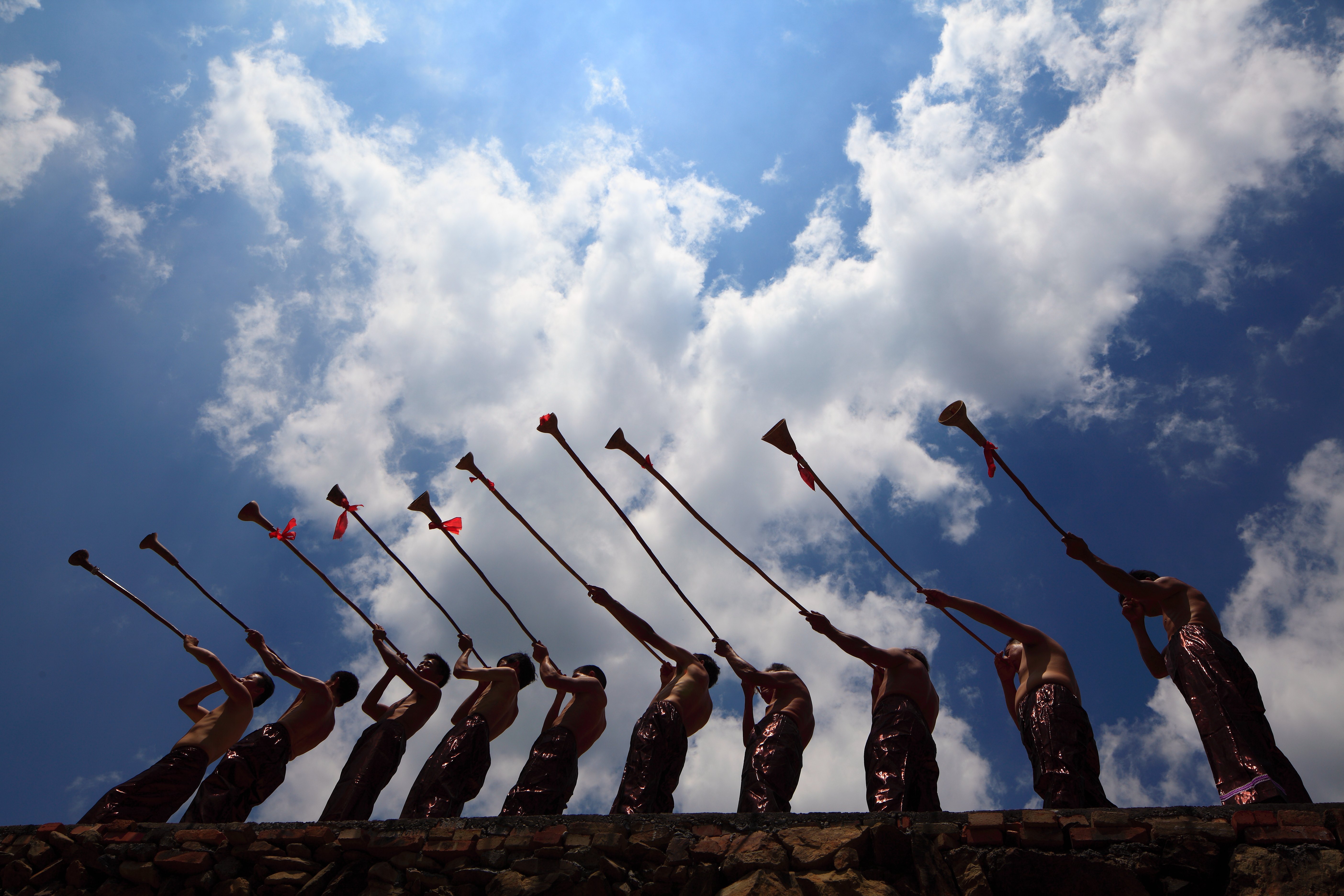
Hao Tong Guan-Dong nationality hollow wooden musical instrument
CONTACT INFORMATION
- Contact Information
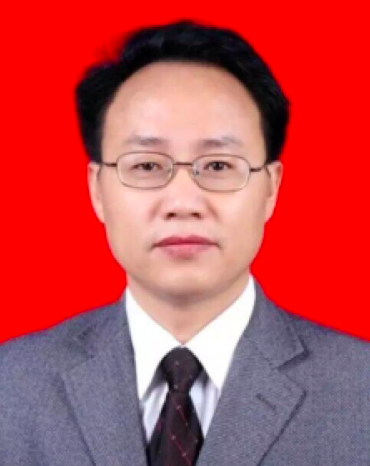
Person to Contact: Tian Junquan
Address: No.228, Kaixuan Road, Zhijiang County, Hunan Province, 419100, P.R.China
E-mail: zjnanyu@163.com
WeChat: tianjunquan1961
WeChat of Zhijiang Memorial Hall of the Acceptance of Japanese Surrender: zgzj1945
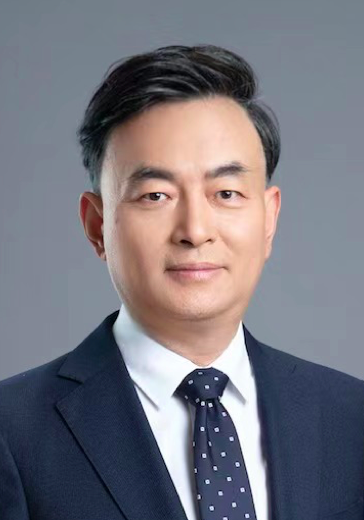
Person to contact: Liu Cheng
Address: No.163 Xianlin Avenue, Xixia District, Nanjing City, Jiangsu Province, 210023, P.R.China
E-mail: liucheng@nju.cn
Note: If information or photos used here are copyrighted, please contact us and we will immediately delete the copyrighted material.
